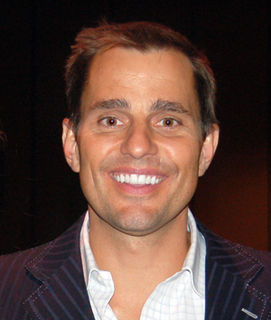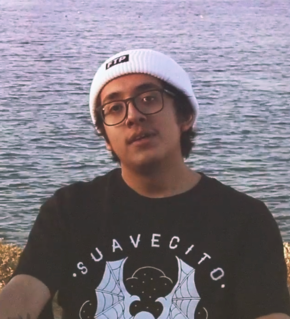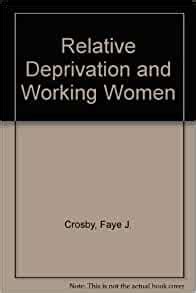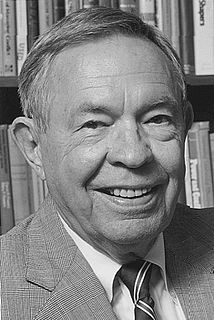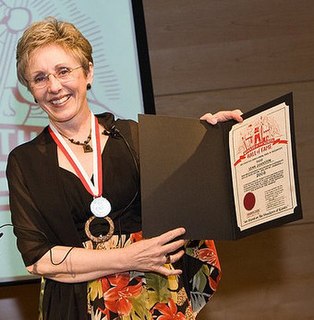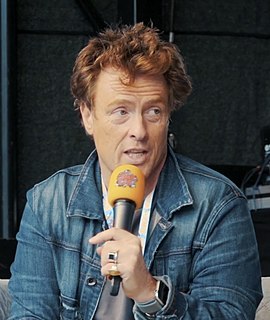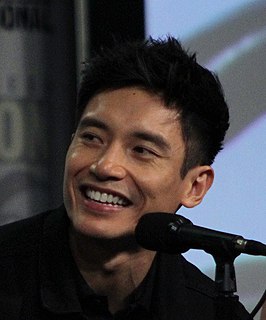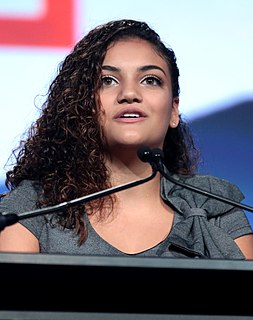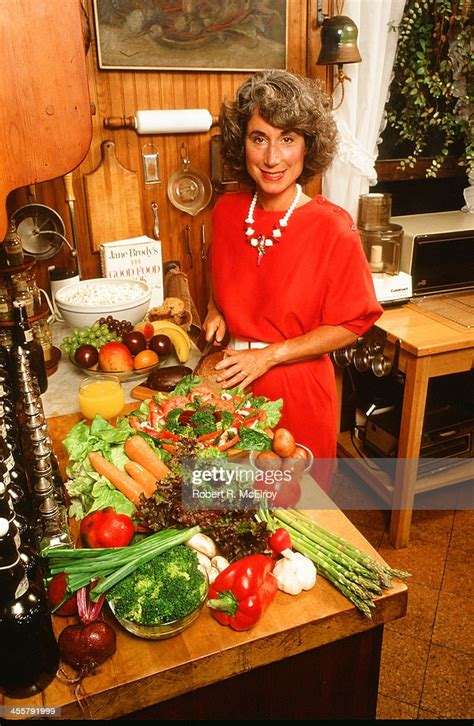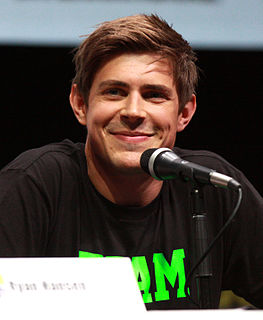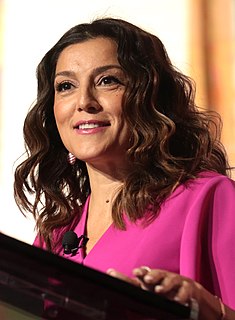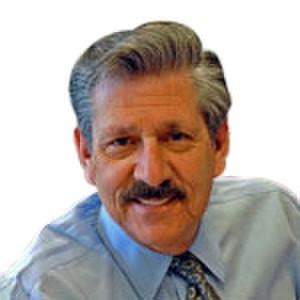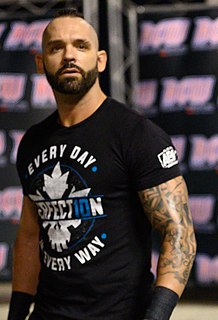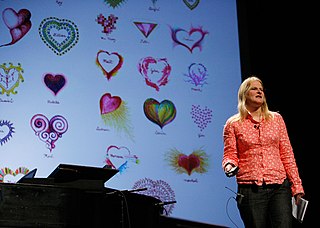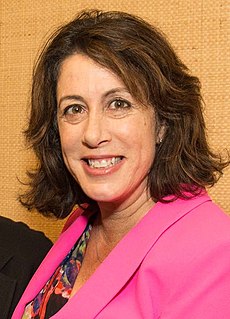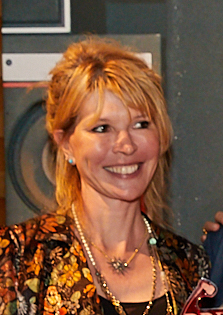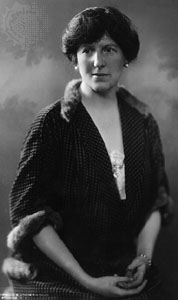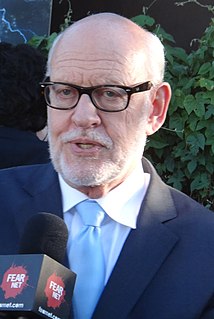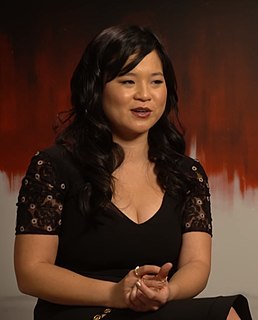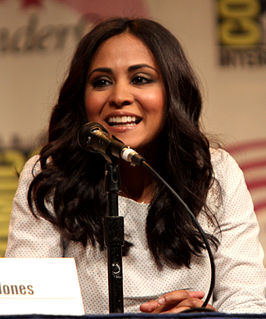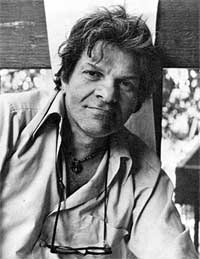Top 1200 Young Parents Quotes & Sayings - Page 15
Explore popular Young Parents quotes.
Last updated on December 5, 2024.
Babies learn most of what they know from interactions with their parents, but not of the formal, instructional variety. Babies learn from spontaneous, everyday events--the mailman at the door with a package to open...all of which need adult interpretation. They are real events of interest and concern to babies and young children....By contrast, infant education is artificial and out of context.
Student loan debt is crushing young people. And so they're not doing the things we would expect them to do. They're not moving out of their parents' homes in as big a numbers, they're not saving up money for down payments, they're not buying homes or cars or starting small businesses or doing any of the things that help move this economy forward.
An adolescent does not rebel against her parents. She rebels against their power. If parents would rely less on power and more on nonpower methods to influence their children from infancy on, there would be little for children to rebel against when they become adolescents. The use of power to change the behavior of children, then, has this severe limitation: parents inevitably run out of power, and sooner than they think.
I would say basically the commonplace observation that kids aren't going to earn as much as their parents is now is a coin flip at this point. Are you going to do better than your parents? It's a 50-50 chance, whereas if you were born in the 1940s or 1950s, you had more than a 90 percent chance you were going to do better than your parents. So basically almost a guarantee for most kids that you were going to achieve the American Dream of doing better than your parents did. Today, that's certainly no longer the case.
Through private investment capitalism kept raising the productivity of labor to new heights. Parents were able to earn enough so their offspring did not have to join the work force at an early age. This produced something unique in history: Childhood, a time when the young could experience the innocence of play and opportunity of schooling before entering the world of work.
In fact, I lost my dad at a young age and had to put myself through school. I didn't have a lot of the advantages Donald Trump had but I had the most important ones you can get, which are loving parents who cared about me and helped me develop a sense of self. But it certainly wasn't Donald Trump's doing.
Hip-hop kind of absorbed rock in terms of the attitude and the whole point of why rock was important music. Young people felt like rock music was theirs, from Elvis to the Beatles to the Ramones to Nirvana. This was theirs; it wasn't their parents'. I think hip-hop became the musical style that embraces that mentality.
Students generally have very little idea of the world they are entering into, and their teachers - like parents - are viewed as beings who alternately guide and admonish; rarely are those teachers viewed as individuals or is their professional standing considered. It is usually only afterward, when young people encounter real-life situations in their chosen professions that they sometimes learn (if they are lucky) that they studied with one of the greats.
My parents had five children in six years and one week, meaning that my mom was pregnant for most of the '60s and driving carpools for most of the '70s. When we were young, she dressed us alike so she could pick us out in crowds: identical skirts for the four girls with the color-coordinated pants for my brother.
A young man who came from Columbus, Ohio and made it, and who wants every other young man and young woman, black or white, to know that if I could do it, they could do it. Me and my fans grew up together, and I believe they know I'm a walking billboard and proof of that. That's what I see when I look in the mirror.
I think my dad has a similar black sense of humour to mine, so perhaps it's just an inherited thing. I've got two little boys now, and I can see it with them as well. I don't know if you learn it off your parents - but my dad used to take me to see certain plays when I was quite young, so maybe that had an effect as well.
I grew up in a very polite family, and I suppose my parents were both very polite, and from the time I was a young boy, I suspected that there were passions seething underneath and not being mentioned, and that was something that came to preoccupy me. Somehow I had some drive to write down what people might really be thinking.
No one has ever explained why it is that parents and guardians consider dull people such safe matrimonial investments for their young charges. Even granting the unsound assumption that dull people are more apt to be content with their own matrimonial fetters, they are certainly more apt to be the cause of discontent in others.
So many people don't realise you need to be on a certain level of Maslow's hierarchy to have a dream: you have to have food and be safe from danger, all these things my parents didn't have at the get go, so I, from the very beginning, believe I have been living for multiple generations, for my parents and grandparents.
My dad was young. He went to work. But he'd been to war. He'd seen some of the world. It wasn't like he was going to be an extensive traveler or something. That didn't seem to be in the nature of - in his nature or in the nature of his parents or many of the folks in my family, really. They were - we had a cousin that went to - off to Brown University. It was like a nuclear explosion took place.



